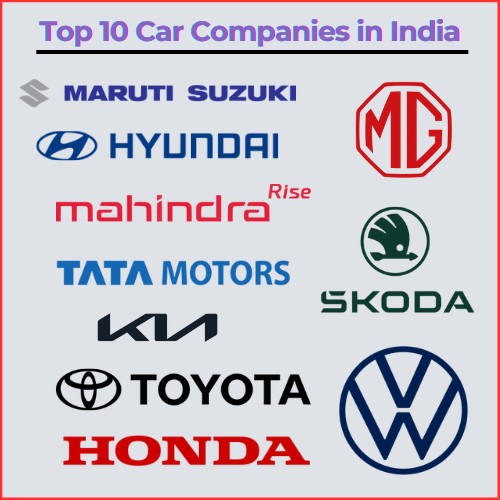According to a company letter, Toyota Motor of Japan is lobbying with the Indian government to reduce taxes on hybrid automobiles by up to 50%, claiming that they are significantly less polluting than gasoline-powered vehicles but do not receive the same level of policy attention.
The largest automaker in the world intends to increase manufacturing capacity in order to satisfy the spike in demand for hybrid cars in India; however, the government of Prime Minister Narendra Modi has concentrated on increasing sales of electric vehicles (EVs), providing companies with incentives worth millions of dollars to construct EVs and batteries.
India levies taxes on cars only at 5% for electric vehicles (EVs) and up to 43% for hybrids—just less than the 48% levied on gasoline-powered vehicles.
According to a letter from Vikram Gulati, the country head of Toyota India, the tax difference for hybrids and flex-hybrids should be as much as 11 percentage points for hybrids and 14 points for gasoline-powered vehicles.
Based on calculations by Reuters, that translates to a tax rate of 37% for hybrid vehicles and 34% for flex-hybrid vehicles, with reductions of up to 14% and 21%, respectively.
In the letter dated September 20, Gulati said, “We would kindly request a proportionate policy support,” which has not been made public before.
Investors and environmental organisations have criticised Toyota, which popularised hybrid technology with the Prius, for continuing to back hybrids, which it claims make more sense in regions where EV infrastructure is not yet available.
While Toyota and Honda Motor desire support for hybrid vehicles, Indian behemoths Tata Motors and Mahindra & Mahindra are supporting electric vehicles.
Toyota stated that a combination of electrified and alternative energy sources, such as EVs and hybrids, was the “most optimal way” to minimise carbon emissions, but it declined to comment on the letter.
An inquiry for comment from Niti Aayog was not answered.
Toyota has started working on electric vehicles (EVs) and is supporting hydrogen-powered vehicles, arguing that a “multi-pathway” strategy is required to address the climate challenge.
The tax system in India, along with the usage of a powertrain that is generally more expensive (with an engine and electrified components like motors and batteries), makes the production of hybrids “30%-35% costlier than its petrol counterparts,” according to Toyota.
In the letter, Toyota also requests that India allow hybrid vehicles to be sold under a government incentive program that provides discounts to consumers; at the moment, this program is exclusive to electric vehicles.














